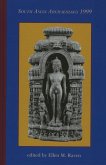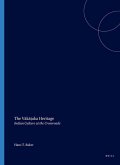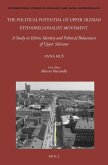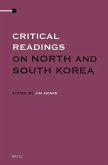Credit and debt are practical concerns of all times and places. They are also increasingly important topics in economic history and the social sciences, from Marcel Mauss and the anthropology of the gift to the urgent quest for understanding of today's global credit crunch. This volume brings together eight essays on credit and debt in the history of Indonesia, where for centuries debt and debt bondage played central roles in the organization of society, and where efforts to combat 'usury' and free peasants from indebtedness were central to the ethical and nationalist movements of the late colonial period. Topics range from the inscriptions of ninth-century Java to the first global financial crisis in 1930, and from Islamic laws against the charging of interest to the role of Chinese temples and Dutch church charities as credit providers. The history of credit and debt in Indonesia is examined from a wide variety of perspectives--legal, institutional, and cultural as well as economic. Attention is paid to parallels and contrasts with more recent developments, including the Asian financial crisis of 1997 and Indonesia's rise to fame as a pioneer of the current global microfinance revolution.








